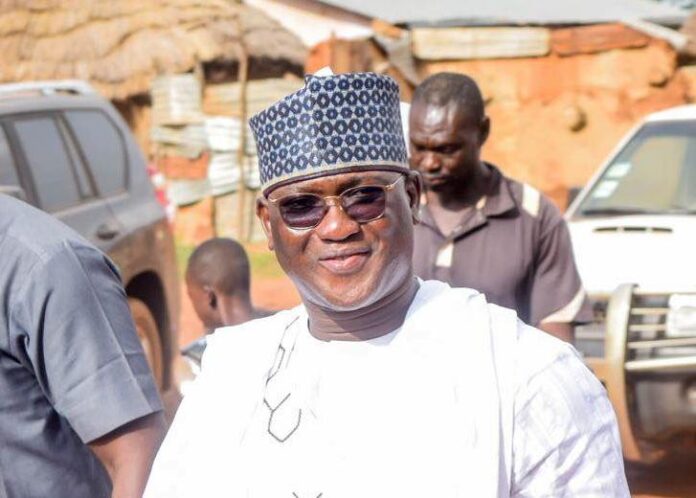The Member of Parliament for Gushegu, Hassan Tampuli, has criticised the 2026 Budget as being riddled with misplaced priorities, accusing the government of repeating costly mistakes in the energy sector that previously forced the country into burdensome excess capacity payments.
Debating the budget in Parliament last Friday, the MP questioned the logic behind plans to procure 1,200MW of additional power generation capacity, arguing that Ghana already has more than enough.
“We have 5,300 megawatts of installed capacity, and peak demand is about 3,500. We have almost 2,000 megawatts in excess. So what are you signing 1,200 megawatts for? When you do this, you add to the charges that the Ghanaian people have to pay,” he said.
Also read: This is what happens to your body when you do daily pushups
Tampuli reminded the House that the nation previously paid nearly $600 million annually in excess capacity charges, with the figure peaking at $1 billion in 2018. He stressed that the ongoing power challenges stem not from generation shortfalls but from poor transmission and distribution infrastructure.
“The power is available. What we need more is the distribution side—how to take power to communities like those in Bimbilla,” he added.
Tampuli further criticized what he described as the government’s neglect of Ghana’s struggling railway sector, noting that the allocation made in the 2026 Budget is woefully inadequate for any meaningful progress. He explained that completing the railway extension from the Tema–Mpakadan line up to Buipe, which is needed to allow cargo to move seamlessly by barge and rail, would require about $1 billion, a figure he said had previously been raised and debated in Parliament.
According to him, such an amount is realistic considering what $1 billion has achieved in the past, including major national infrastructure. He noted that to make the line fully functional, Ghana would need to construct both an exit terminal at the Tema Port and an entry terminal at Buipe. By contrast, the government’s allocation of GH₵70 million for the entire railway sector in 2026, he argued, cannot fund even preliminary works on such projects, let alone support nationwide rail expansion.
The Gushegu MP also expressed concern over the cancellation of the Adom–Kaase railway project, calling it a major setback for national development and regional connectivity. He stressed that Ghana needs a fully integrated railway network—from Accra through the central industrial corridors—to reduce road congestion, improve cargo transport efficiency, and stimulate economic growth.
Abandoning key projects while providing minimal investment, he warned, undermines the country’s long-term development goals. According to him, a functioning rail system is essential for lowering transport costs, connecting production zones to markets, and supporting industrialization, yet the current budget fails to show any real commitment to achieving this vision.
He also criticised the budget’s proposal to construct Ghana’s first-ever expressway, describing the move as financially unjustifiable.
“We have an existing Accra–Kumasi road. What is left is to dualise the rest. Why are we doing an alternative road? This is misplaced priority,” he argued.
Presenting a list of more than 20 charges on imports, the Gushegu MP accused the government of failing to keep its promise to reduce excessive port fees.
“We were told port charges would be reduced, but nothing has been done. Importers are still suffering under numerous taxes and levies,” he said.
Tampuli claimed the government has abandoned electric bus projects while prioritising the procurement of new presidential aircraft. He said the government plans to acquire four modern helicopters, one long-range aircraft, and one medium-range aircraft — terminology he suggested typically refers to presidential jets.
“A billion dollars could buy 4,000 buses for Metro Mass, GPRTU and others. Instead, we are thinking of jets,” he noted.
On agriculture, the MP warned that low commodity prices and rising fertilizer costs may discourage farmers from planting in the next farming season.
“You buy fertilizer for over GH₵400 and sell maize for GH₵200. If care is not taken, next year no farmer will cultivate,” he cautioned, urging the government to increase funding for the National Buffer Stock Company.


